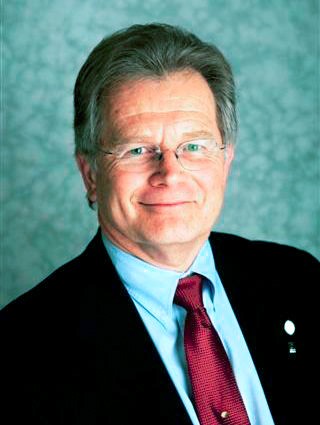Liberal Arts still living strong in 21st century

Courtesy Photo / gvsu.edu Gary Stark
Dec 9, 2010
When the economy is in a slump, students fresh out of college with new degrees often struggle to find work in their area of study. The competitive job market leads many students to be more realistic in their studies and take courses in computer science, medicine, mathematics or chemistry rather than that really interesting theatre class.
However, the students at Grand Valley State University have defied the norm and seek degrees in the humanities in increasing numbers. They find value in what many other university students will not study.
Gary Stark, associate dean of the GVSU College of Liberal Arts and Sciences, said the study of the humanities has seen steady growth in the past five years.
“The humanities are not only holding steady, but are actually quite healthy,” Stark said. “Oftentimes, students are exposed to the humanities when taking general education courses. Many students find an interest that they never knew they had before.”
Reports by GVSU Institutional Analysis show the number of graduate students enrolled in the college of liberal arts and sciences has increased from 71 in 2005 to more than 100 in the 2009-10 academic year.
Unlike the parents of some art or creative writing students, Stark said he is not worried about the students having limited career opportunities.
“Many people don’t think the humanities are preparing students for their future careers, but the humanities position people quite well to enter a variety of professions,” Stark said. “The skills that the liberal arts teach are skills that employers truly want in this type of economy.”
Stark said in particular, employers look for communication skills in speech and writing, critical thinking and multicultural awareness – all well-developed skills students of the liberal arts learn.
Overall, Stark reflected the sentiment of Robin Williams’ character, John Keating, in the 1989 film, “Dead Poets Society.”
“If you look at what the humanities do, they manage to teach us basic things about ourselves,” said Stark. “They study things that help people make sense of their life, the world around them, through art, through music, through philosophy. They help us live a better life.”























